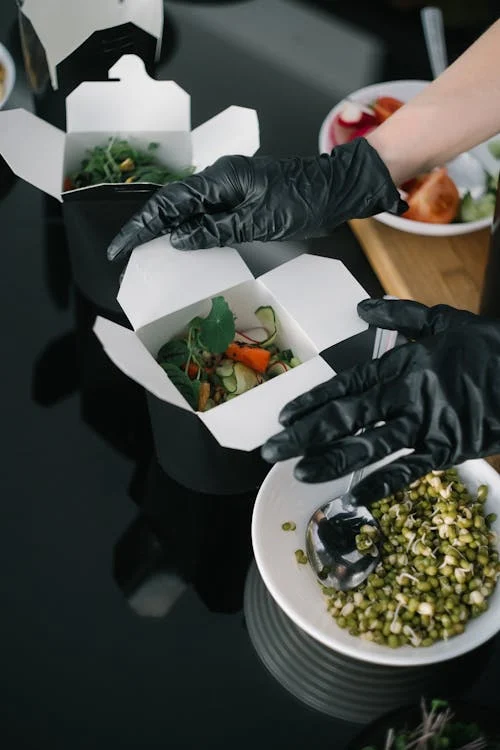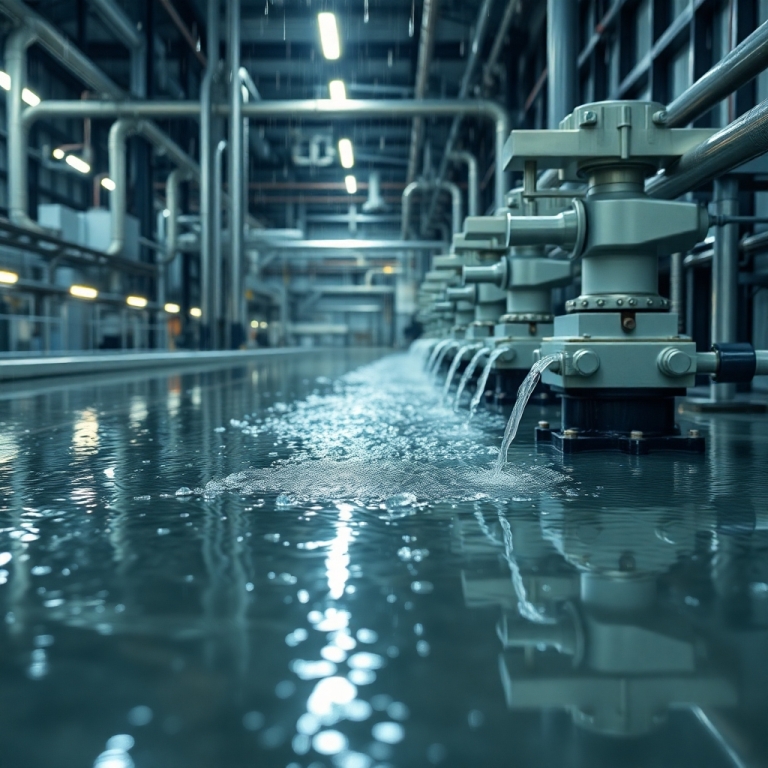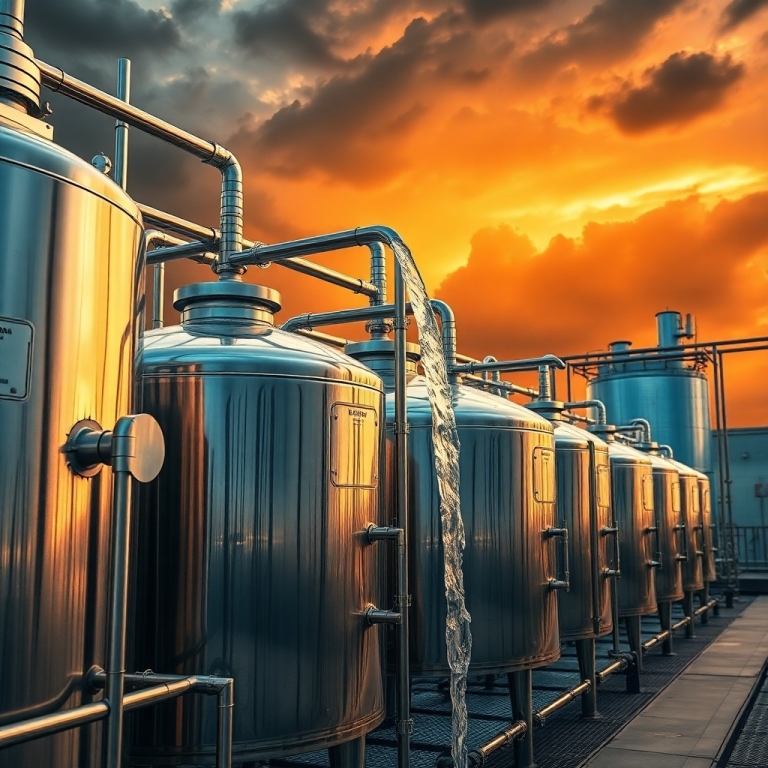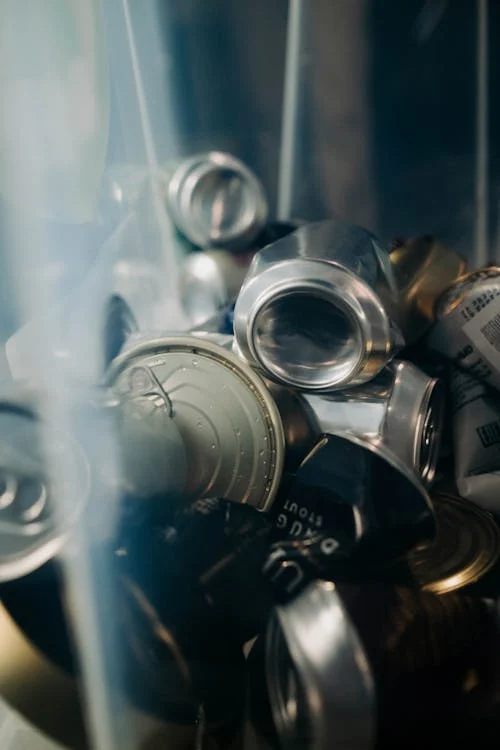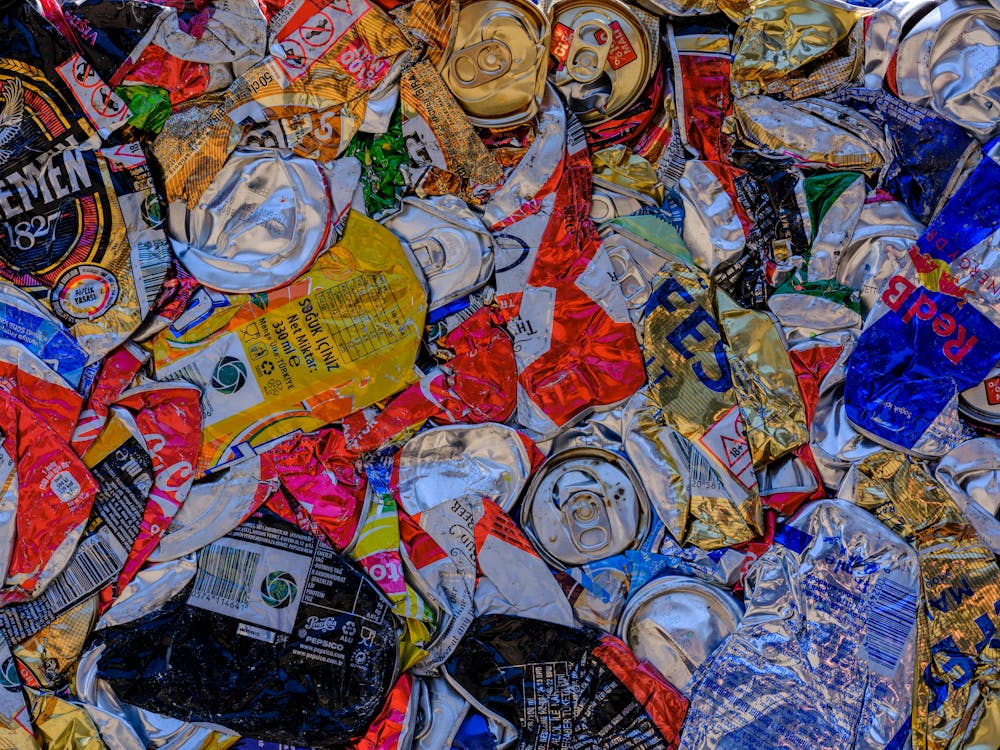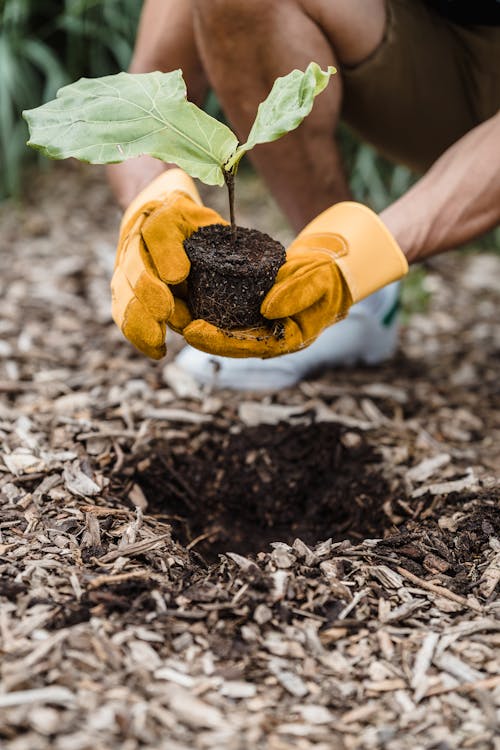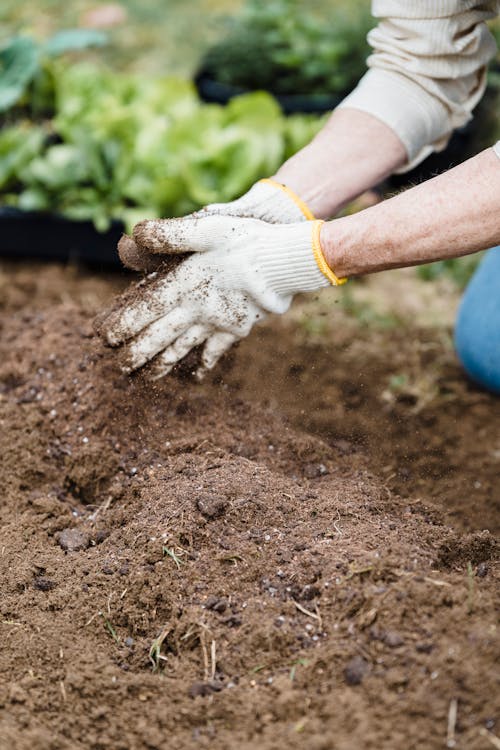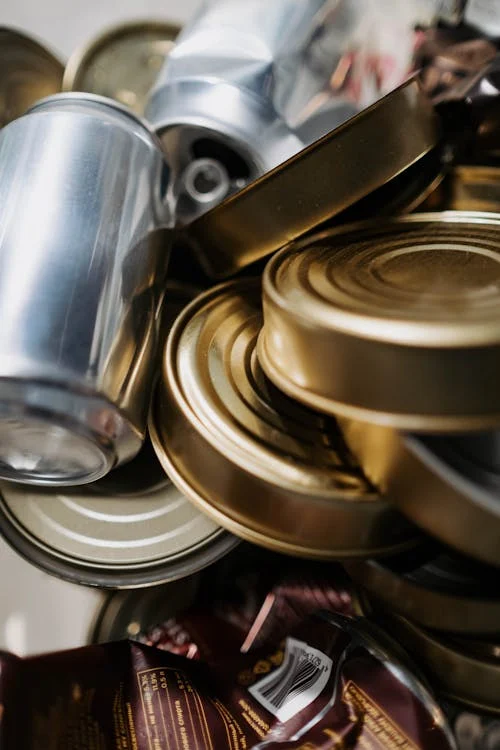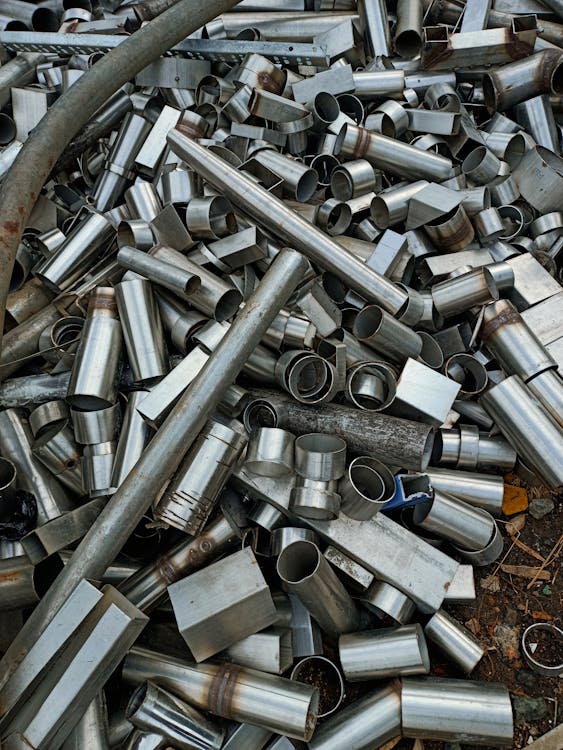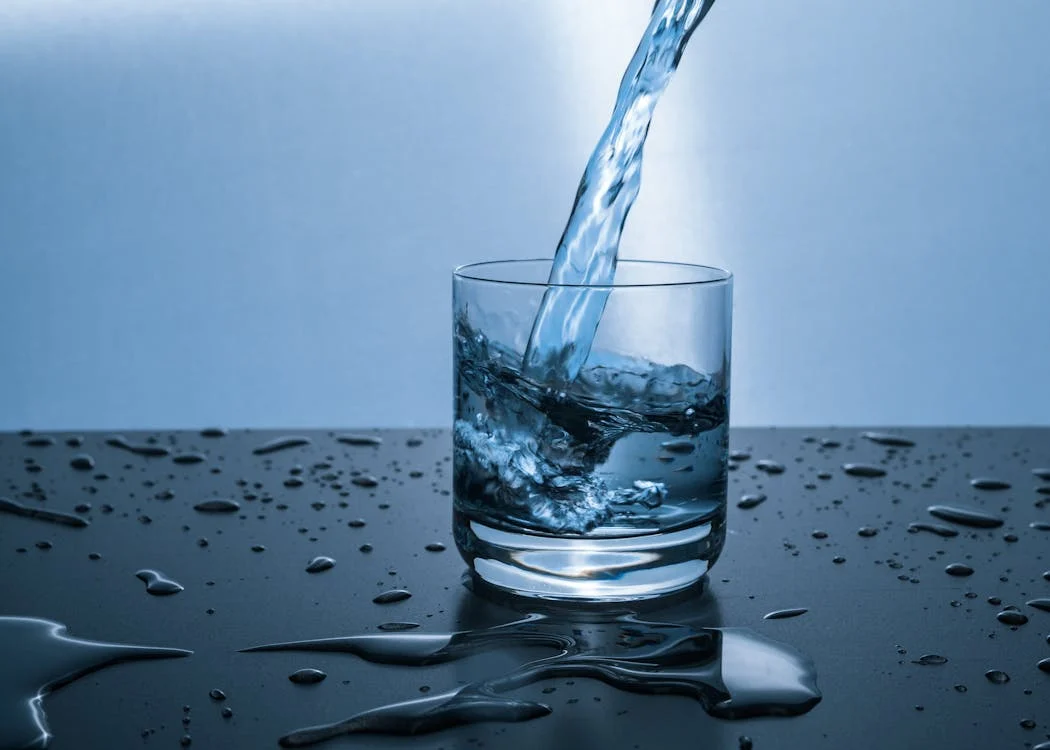As businesses and consumers become more environmentally conscious, sustainable packaging solutions have emerged as a critical component of reducing waste and lowering carbon footprints. Across North America, industries are increasingly shifting towards plant-based materials, replacing conventional plastics with biodegradable and recyclable alternatives. From bioplastic custom injection moulding to Eco-friendly hangers and containers, innovative packaging solutions are transforming how products are presented, shipped, and stored.
The demand for sustainable packaging is driven by both environmental responsibility and market expectations. With stricter regulations and consumer preferences leaning towards Eco-friendly alternatives, businesses must rethink their packaging strategies to align with sustainability goals.
The Growing Need for Eco-Friendly Packaging
Traditional plastic packaging, while convenient, has long been a significant contributor to environmental pollution. The shift to plant-based plastic products offers a viable alternative that reduces reliance on fossil fuels and minimizes plastic waste. Key advantages of sustainable packaging include:
✔ Biodegradability – Many plant-based materials break down naturally, reducing landfill waste.
✔ Reduced Carbon Footprint – Manufacturing processes for bioplastics and paper-based products generate fewer emissions than traditional plastics.
✔ Recyclability – Many sustainable packaging solutions are designed for reuse and recycling, promoting a circular economy.
✔ Consumer Appeal – Studies show that customers are more likely to support brands that prioritize sustainability.
Innovative Plant-Based Plastic Products
A wide range of plant-based plastic alternatives is now available, offering businesses Eco-friendly solutions without compromising functionality.
Eco-Friendly Hangers

Retailers and fashion brands are adopting plant-based hangers to replace traditional plastic and metal versions. These biodegradable alternatives are durable, stylish, and sustainable. Some of the most popular options include:
- Belt Hangers – Designed to hold belts securely while being fully compostable.
- Paper Hangers – Lightweight yet strong, ideal for displaying clothing in retail stores.
- Scarf & Tie Hangers – Functional and Eco-friendly, offering a sustainable way to organize accessories.
- Socks Hangers – Made from recycled materials, reducing waste while maintaining usability.
By integrating plant-based hangers into their supply chain, businesses can reduce plastic waste while maintaining high-quality product displays.
Sustainable Containers & On-Pack Rings
Beyond hangers, plant-based plastics are being used to create containers and packaging rings that serve as environmentally friendly alternatives to conventional plastic wraps. These innovations are particularly beneficial in the food and beverage industry, where sustainable packaging can significantly reduce waste.
✔ Compostable Containers – Made from natural materials, these break down easily after use.
✔ On-Pack Rings – Replacing plastic beverage rings with biodegradable options helps prevent marine pollution.
The Role of Bioplastic Custom Injection Moulding
One of the most exciting advancements in sustainable packaging is bioplastic custom injection moulding. This manufacturing process allows for the creation of highly customized, Eco-friendly plastic components tailored to specific business needs.
✔ Precision & Customisation – Businesses can design unique, sustainable packaging solutions that align with branding and product requirements.
✔ Versatile Applications – Suitable for a range of industries, including fashion, food, retail, and logistics.
✔ Sustainable Material Use – Reduces reliance on petroleum-based plastics, lowering environmental impact.
By investing in bioplastic injection moulding, businesses across North America are leading the way in sustainable packaging innovation.
Why Businesses Should Embrace Sustainable Packaging
The benefits of adopting sustainable packaging solutions extend beyond environmental impact. Companies that switch to Eco-friendly packaging gain a competitive edge, strengthen brand loyalty, and comply with evolving sustainability regulations.
✔ Regulatory Compliance – Many North American cities and states are implementing bans on single-use plastics, making sustainable alternatives a necessity.
✔ Cost Efficiency – While initial investments in sustainable materials may be higher, long-term savings are achieved through reduced waste disposal costs and enhanced brand reputation.
✔ Market Demand – Consumers actively seek products with minimal environmental impact, making sustainable packaging a strong selling point.
For businesses seeking innovative sustainable packaging solutions, EcoWorld offers a range of Eco-friendly alternatives, including bioplastic custom injection moulding and plant-based plastic products. These solutions help companies meet sustainability targets while delivering high-quality packaging tailored to industry needs.
The Future of Sustainable Packaging in North America
As industries continue to prioritize environmentally responsible practices, sustainable packaging will play a pivotal role in shaping the future of product presentation and distribution. The adoption of plant-based plastic products, custom bioplastic moulding, and Eco-friendly containers is a crucial step toward reducing plastic waste and promoting circular economies.
By embracing sustainable packaging solutions, businesses not only contribute to environmental conservation but also position themselves as leaders in the green economy. The transition to biodegradable, recyclable, and reusable packaging is no longer an option—it is a necessity for a more sustainable future.
